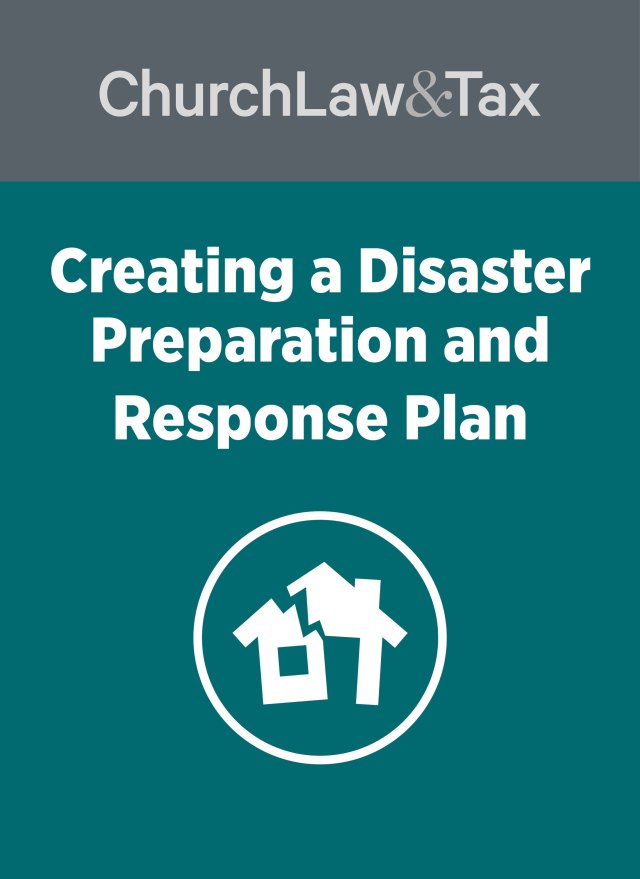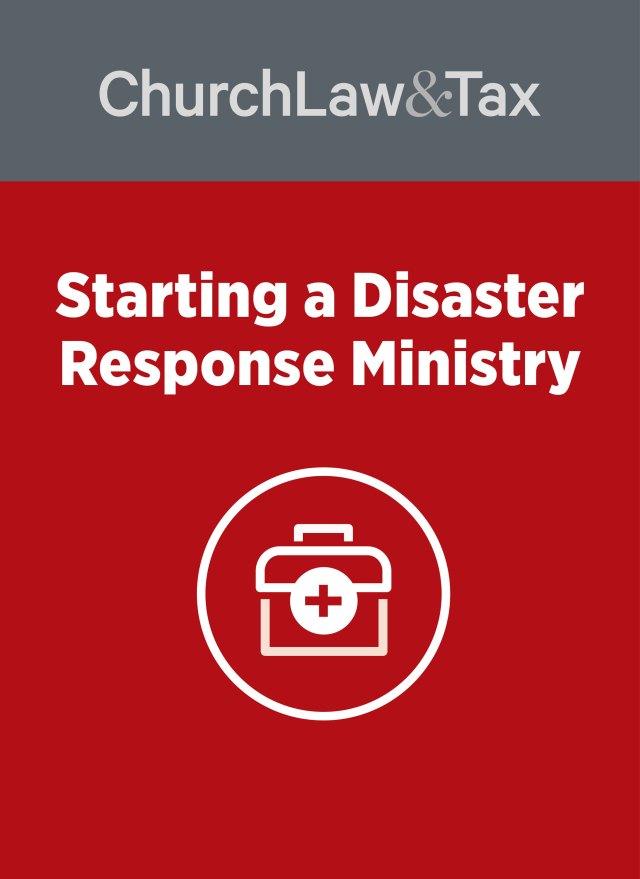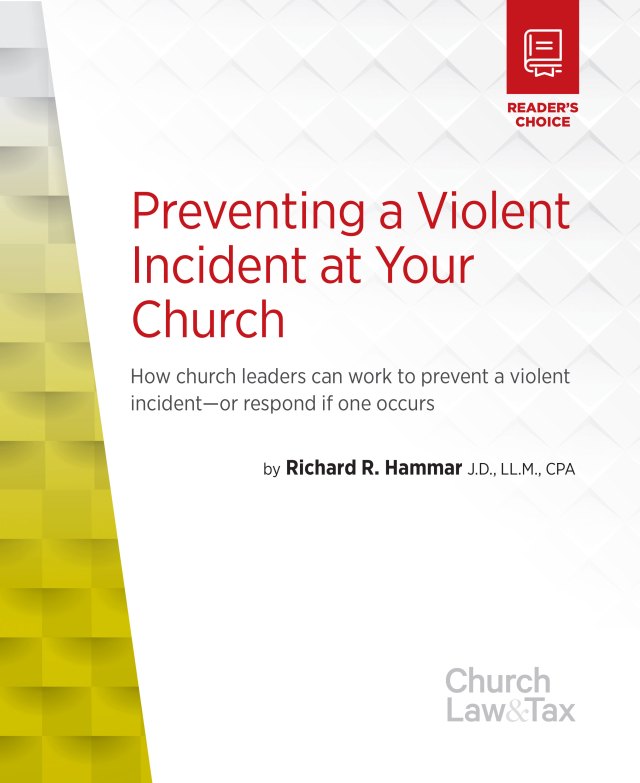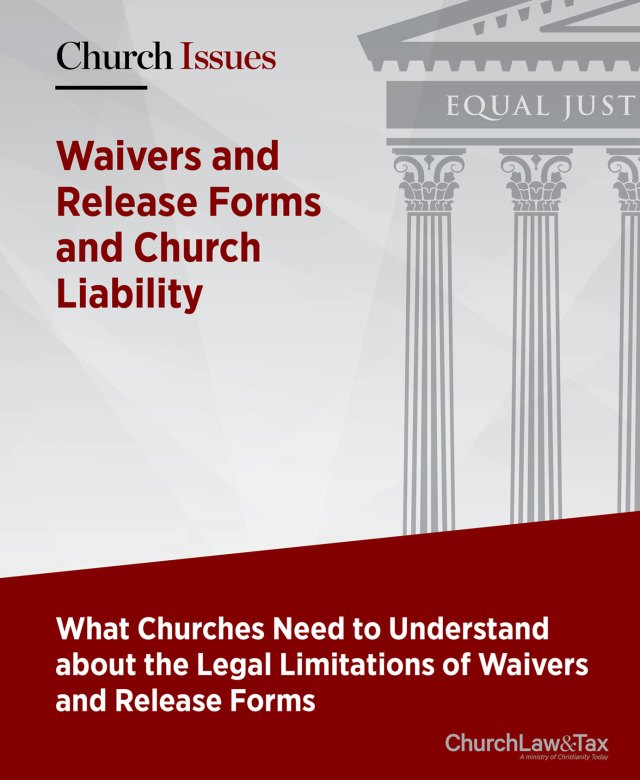Key point. Release agreements are upheld by some courts, so long as they are signed by a competent adult and the agreement clearly specifies the risks and discloses that the signer is releasing all claims of liability for injuries associated with those risks.
1. An Oklahoma court ruled that a release signed by a skydiving student prevented him from suing a skydiving facility following an accident in which he was severely injured.
An adult male (the "victim") went to a skydiving facility to learn how to skydive. During six hours of training, he was also given a detailed "exculpatory contract" that released the facility from liability in the event of his injury or death. The contract also contained an "assumption of risk" provision. In addition, the victim was required to watch a video tape in which an attorney explained the terms of the contract. The victim read, signed, and initialed the contract in fourteen places. The release provided, in part:
I hereby release and discharge Paradise from any and all liability, claims, demands or causes of action that I may hereafter have for injuries or damages arising out of my participation in parachuting activities, even if caused by negligence or other fault of Paradise. I further agree that I WILL NOT SUE OR MAKE CLAIM against Paradise for damages or other losses sustained as a result of my participation in parachuting activities. I also agree to INDEMNIFY AND HOLD Paradise HARMLESS from all claims, judgements (sic) and costs, including but not limited to attorneys' fees, and to reimburse them for any expenses whatsoever incurred in connection with an action brought as a result of my participation in parachuting activities.
I understand and acknowledge that parachuting activities are inherently dangerous and I EXPRESSLY AND VOLUNTARILY ASSUME THE RISK OF DEATH OR OTHER PERSONAL INJURY SUSTAINED WHILE PARTICIPATING IN PARACHUTING ACTIVITIES WHETHER OR NOT CAUSED BY THE NEGLIGENCE OR OTHER FAULT of Paradise including but not limited to equipment malfunction from whatever cause, inadequate training, and deficiencies in the landing area, or any other fault of [Paradise].
The victim successfully completed a "static line" parachute jump. A few days later, on his third jump, the victim's main and reserve chutes malfunctioned, hurtling him into a pond. He later sued the skydiving facility, claiming that it had been negligent in failing to adequately train and monitor him. The facility pointed to the release and assumption of risk document as a defense against liability. A trial court found the facility liable, and it appealed.
A state appeals court noted exculpatory contracts (also called "releases") may be valid and enforceable, so long as "(1) the intent to excuse one party from the consequences of his or her own negligence is expressed in clear, definite and unambiguous language, (2) the agreement was made at arm's length with no vast disparity of bargaining power between the parties, and (3) the exculpation is not contrary to statute or public policy, such a waiver or release from liability is valid and enforceable." As noted below, the court concluded that each of these conditions was met by the document the victim signed.
Clear, Definite, and Unambiguous Language
The court concluded that the document signed by the victim met this requirement: "[The document] describes the nature and extent of damages [the facility] sought to avoid in language any layperson could understand, i.e., that parachuting was dangerous and could lead to death or injury, that participation therein was purely voluntary, that the risk of injury was assumed by [the victim] even if due to equipment malfunction from whatever cause, inadequate training, and deficiencies in the landing area, or any other fault of [the facility].
Equal Bargaining Power
The second requirement for the validity of a release agreement is that the parties signing the agreement have equal bargaining power. The court concluded that this condition was met. It noted that the victim was not required to use the one facility's services as opposed to going elsewhere, could have jumped without training, or could have chosen not to jump at all. Further, he was offered his money back if he did not want to jump and was offered the names of other skydiving training facilities.
Not Contrary to Public Policy
The third requirement for the validity of a release agreement is that it does not violate public policy. The court concluded that this requirement was met, noting that "although we know of no Oklahoma cases involving exculpatory contracts in the context of high risk sports activities such as sky diving, other jurisdictions which have addressed exculpatory contracts in this context have found no violation of public policy."
Application. This case illustrates three important points. First, release forms are not necessarily invalid. Some courts have recognized their legal validity provided that they meet certain conditions. The conditions set forth by the Oklahoma court are typical-the document must clearly and unambiguously specify the risks of an activity, and communicate to the signer that he or she is releasing the other party from all liability associated with those risks; the parties must have comparable bargaining power; and, the agreement must not violate public policy. Check with a local attorney for a review of your state law on this issue. In some states, the courts have questioned the validity of release forms when signed by adults as well as children, especially when they seek to release a church or other organization from liability associated with personal injuries.
Second, this case only addressed the validity of a release form signed by an adult. Several courts have ruled that such forms violate public policy when applied to minors. As a result, "release forms" signed by minors, or their parents, ordinarily will be of little if any value-particularly if they seek to release a church from liability for personal injuries to the minor.
Third, the court upheld the "assumption of risk" portion of the agreement. In this provision, the victim voluntarily assumed the known risks associated with skydiving. Many other courts have concluded that competent adults can assume the risks of their actions. This often happens in the context of short-term missions trips sponsored by a local congregation. Persons going on such trips often are exposed to a number of risks, especially if the trip is to a foreign country. These risks include death, illness, terrorism, and inadequate medical facilities. Adults who participate on such trips are allowed to assume these risks, so long as they do so in a document that clearly specifies the risks that are being assumed. If your church ever sponsors such a trip, you should consider the use of such a form. Once again, these forms will have little if any legal significance when applied to minors. Manning v. Brannon, 956 P.2d 156 (Okla. App. 1997), cert. denied, March 2, 1998. [Negligence as a Basis for Liability]




